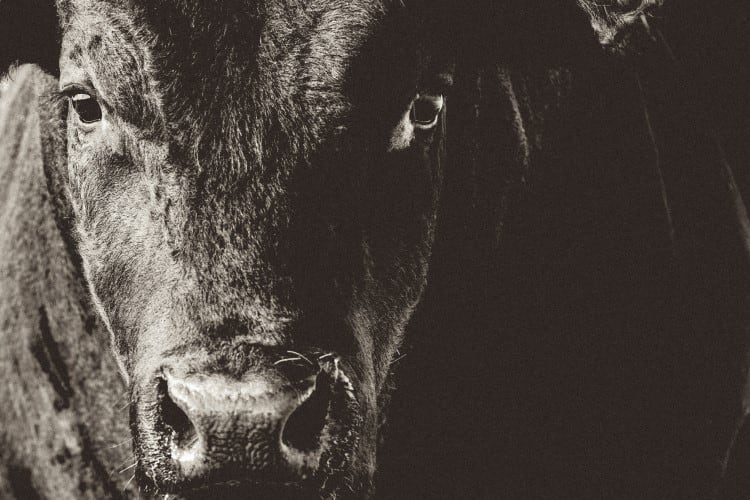Financial service provider Farm Credit Canada (FCC) is supporting the next generation of agtech companies with a C$2 billion commitment, aimed at spurring innovation in the region and closing the venture capital (VC) funding gap between Canadian and US start-ups.
The FCC’s investment arm, FCC Capital, will invest C$2 billion in Canadian ag and food tech companies by 2030, in a range of sector, including equipment, processing, technology and more, Darren Baccus, the organisation’s EVP agri-food, alliances and FCC Capital, said. The commitment was announced at the Invest Canada Conference — a conference dedicated to Canadian venture and private equity held on May 27-29 this year.
FCC made nine direct investments worth $170 million, invested in three new funds and launched a business accelerator, within its inaugural year.
FCC Capital was founded in response to the need for more capital solutions for the Canadian agriculture industry, Baccus explained. Historically, the financial service company primarily focused on lending senior debt, so that farmers could buy land and equipment, he added.
“Our CEO did a big diagnostic of the industry, and what we heard from the industry was, ‘Farm Credit Canada, we need more capital solutions. We need more diversity of capital solutions.’ And what we did from that was this announcement, ... which is standing up a private capital group, Farm Credit Canada. [We] had done some fund investing, but it was really just dipping our toes in the water,” he elaborated.
FCC bridges gap between tech innovation, adoption
FCC will scout for possible investments by “identifying an opportunity and then going out to some venture partners,” or vice versa, Baccus explained. However, FCC will “not lead transactions” and will not “put the term sheet out,” instead the financial service company will co-invest with VC firms and other private investors, he added.
Beyond the financial component, FCC is connected to an innovation farm network that includes 12,000 acres where start-ups can test solutions and gain in-the-field experience, Baccus noted.
“All the younger farmers are out there with their iPhones and their devices, so the adoption of technology is all part of this moment.”
Darren Baccus, EVP, agri-food, alliances and FCC Capital
Last year, FCC renewed its partnership with Canadian non-profit EMILI to provide a space for start-ups and researchers to test and validate agtech solutions with the purpose of improving farming efficiencies, profitability and sustainability, FCC shared in a previous release.
“Talking about the barriers to adoption, one of them is how do you get from Silicon Valley or Waterloo up here ... onto the acres ─ we can bridge that,” he elaborated.
The need for tech adoptions will become increasingly important, as Baby Boomer farmers retire and hand over their land to the next generation, Baccus said.
Multinational financial services company Royal Bank of Canada (RBC) estimates that 40% of Canadian farm operators will retire by 2033, leaving a shortfall of 24,000 professionals for the sector, according to a 2023 report.
“All the younger farmers are out there with their iPhones and their devices, so the adoption of technology is all part of this moment,” Baccus noted.
Canada is ready to capitalise on agtech innovation
The C$2 billion investment comes not only as VC deal flow is down across agtech but also against suppressed investment in Canadian companies, FCC noted in the press release.
VCs made $270m worth of investments in ag and food tech in 2023, which is an estimated 10 times less than the US when factoring in population, according to RBC data cited in the press release. This lower level of investment “puts Canada at a strategic disadvantage,” at a time when Japan and the European Union are increasing agtech investments, FCC added.
The US has a larger population and spends more on research and development than Canada, which “has historically been a primary producer” of agricultural goods, often relying on other countries to process foods, Baccus explained.
FCC plans to change that and capitalise on the need for agtech, as demand for food grows globally, Baccus noted. Canada is “fortunate to have an abundance of resources, but now is the time to pivot,” investing in more innovative ways to produce food, Baccus added.
The Canadian agriculture and agri-food system generated $150 billion in 2023, employing nearly 2.3 million professionals, according to the Government of Canada.





